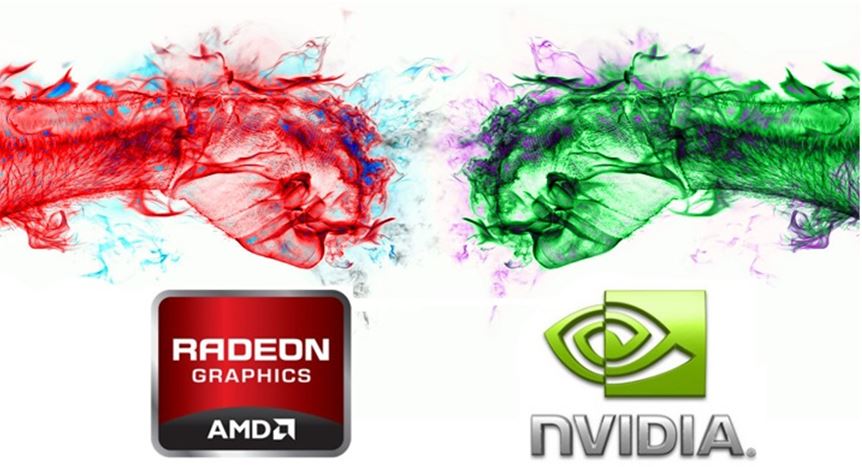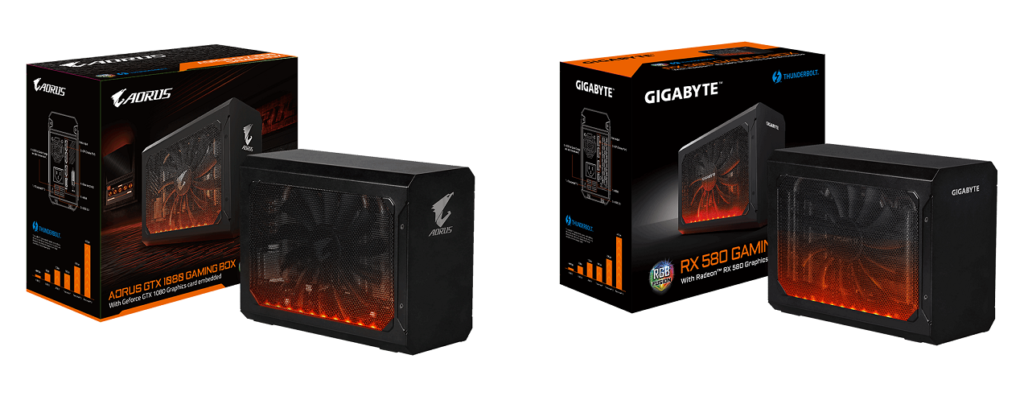GeForce Partner Program: MSI, Gigabyte remove ‘gaming’ brand labels from AMD GPUs

Earlier this month, HardOCP published a report alleging that Nvidia’s GeForce Partner Program prohibits third-party GPU manufacturers from selling AMD graphics cards under their own gaming brands. And while Nvidia claims the program is “transparent” and beneficial to gamers, new clues have emerged that point to what sort of potential ramifications there could be for AMD and its user base.
Did We Just See The First Victims of Nvidia’s GeForce Partner Program?
Recently, some third-party manufacturers – that are associated with both Nvidia and AMD – have removed their gaming brand label from the latter’s graphics cards. For example, MSI product pages for their “Gaming X” branded Radeon cards no longer exist. The company’s official website only lists reference versions of Polaris 500 series and Vega cards, or their not-so-popular “Armor” lineup.
Gigabyte is another company that is currently removing its gaming brand label from its Radeon products. This week, the company released a new AMD-oriented external GPU enclosure, called “RX 580 Gaming Box.” The box has no AORUS branding present on it or the product itself despite an identical AORUS item released previously for Nvidia cards.
When asked, Gigabyte told ComputeBase.de that the product doesn’t feature AORUS branding because it is “not gamer focused.” That’s interesting because the product page has headings like “Turn Your Ultrabook to Gaming Platform” and “Upgrade the Game Experience.”
READ ALSO: AMD 7nm Zen 2 Matisse CPUs could hit 5.0GHz, says GloFo
We’re not sure but things seems to be consistent with what HardOCP’s Kyle Bennett suggested in his report. That is, companies are required to align their gaming brand exclusively with Nvidia when joining the GeForce Partner Program.
This could be a big deal, because if a company makes new brand for selling AMD cards, they will need to double their marking budget to advertise two seperate brands.
Bennett considers the GPP setup as being an anti-competitive tactic, as it will impact consumer choice in the AIB and OEM computer market, and ultimately disrupt the business AMD has with these companies. Though, others will argue this is sort of affiliate marketing deal that provides partners with engineering and marketing support to help establish brands.
What’s your take on this? Do brand labels even matter to you when buying a new graphics card? Let us know your thoughts down in the comments.
